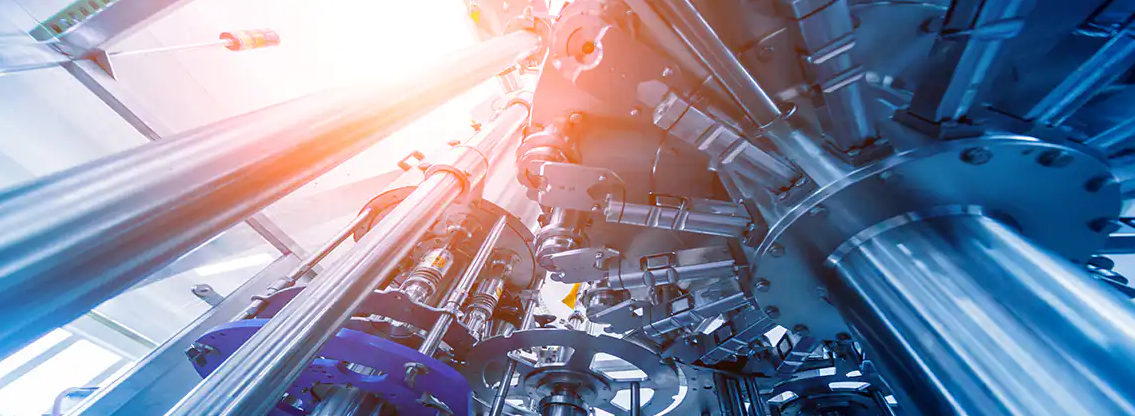Die castings are an important manufacturing process for producing metal parts with intricate shapes and high precision. This process involves pouring molten metal into a mold cavity, which is then cooled and solidified to form the final product.
The die casting process is commonly used in industries such as automotive, aerospace, and electronics, where high-quality metal parts are essential. Die castings can be made from various metals, including aluminum, zinc, and magnesium, depending on the application requirements.
The first step in the die casting process is to create the mold cavity. This is typically done by machining the mold out of steel or a similar material. The mold is designed to the exact specifications of the part that is being produced, so it is important to have a precise design to ensure that the final product matches the desired dimensions.
Once the mold is prepared, it is sprayed with a lubricant to prevent the molten metal from sticking to the walls of the mold. The mold is then closed, and the molten metal is injected into the cavity under high pressure. The pressure helps to ensure that the metal fills every nook and cranny of the mold, resulting in a highly accurate part.
After the molten metal has been injected, the mold is cooled using water or another cooling medium. This helps to solidify the metal and ensure that it maintains the desired shape. Once the metal has fully solidified, the mold is opened, and the finished part is removed.
Die castings can be produced in large quantities, making it a highly efficient process for mass production. The process also allows for the creation of complex shapes and features that would be difficult or impossible to achieve with other manufacturing processes.

There are several advantages to using die castings for metal parts. For one, the process is highly repeatable, meaning that identical parts can be produced over and over again with consistent quality. Additionally, die castings can be made with thin walls and complex shapes, making them ideal for applications where weight and space are a concern.
Die castings also have a high degree of accuracy and precision, making them suitable for applications where tight tolerances are required. They are also durable and resistant to corrosion, making them ideal for use in harsh environments.
Overall, die castings are an essential manufacturing process for producing high-quality metal parts with complex shapes and features. With their ability to produce large quantities of identical parts with consistent quality, die castings are widely used in industries such as automotive, aerospace, and electronics.

 0086-750-5616188
0086-750-5616188 +86 13392089688
+86 13392089688 sales@zhongmei-tech.com
sales@zhongmei-tech.com













